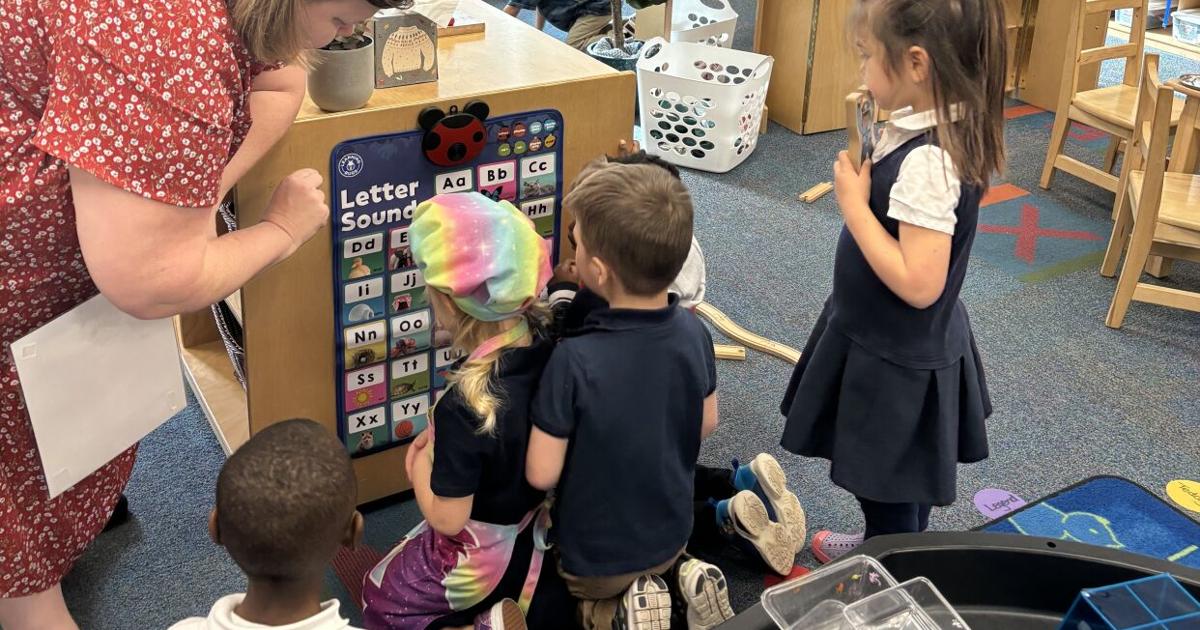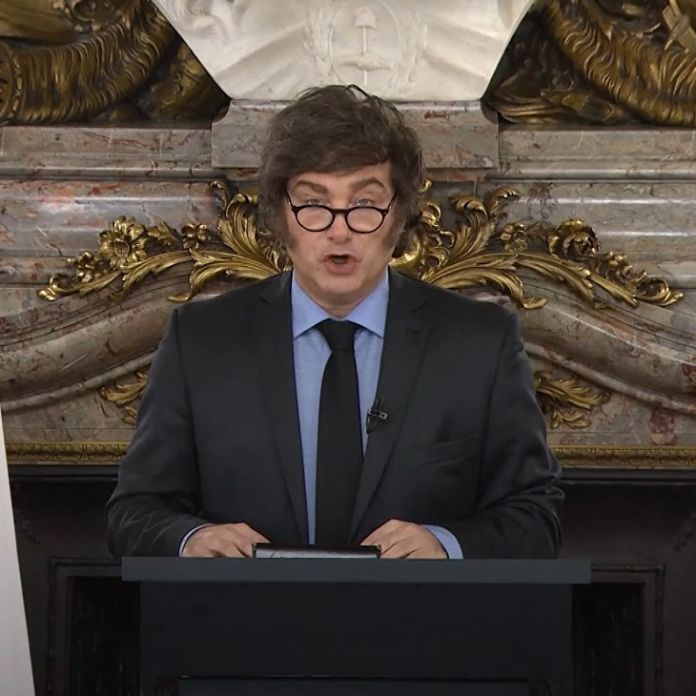
The kids who do best in first grade and 12th grade and college and everywhere in between tend to be the ones who start out ahead: They know their colors and their numbers and their ABCs — and frequently can even read and spell — and they have the beginnings of those soft skills employers are looking for: They use their indoor voices indoors, they don’t talk back to teachers or bite or hit their peers, and they show up on time and do their homework.
The ones without these skills start out behind; even if we’re able to catch them up — and in some cases we never will — it costs a lot because it takes intensive, individualized teacher intervention.
South Carolina has so many kids who start out behind that it doesn’t hurt just them; it’s a liability to our state, because kids who never catch up cost more to teach and cost more once they leave school, because they end up in dead-end jobs, where they contribute little to our tax base and are more likely to raise kids who aren’t engaged in education, and the people who commit most crimes tend to be those with an inadequate education.
South Carolina’s political leaders in both parties realize this and have long supported pre-kindergarten and increasingly early childhood education and even earlier home visitation programs that help turn parents into children’s first teachers.
It’s against this backdrop that The Post and Courier’s Anna B. Mitchell reports that the state provides 4K funding for only about half of the 37,000 eligible low-income children. The good news is that this hasn’t actually been a big problem yet. The bad news is that this hasn’t been a problem yet because most poor parents don’t try to enroll their children in 4K programs — even though they’re free for the poorest kids and reduce the need to pay for child care.
More than 2,000 of those 18,000 state-funded seats weren’t even filled in a March study, although some of that was because the state wasn’t doing enough to move parents from waiting lists to programs other than their first choice. But that’s still a lot of parents who aren’t taking advantage of a program that will help them and their children and our state.
Education officials say a big problem is that parents simply don’t know about the programs and recommend more and better outreach. That’s probably a good idea, but we can’t help wondering if there isn’t a social stigma, since the Legislature provides 4K only to students whose parents make up to 185 percent of the federal poverty level, or about $59,000 for a family of four.
Just as parents once assumed kindergarten was only for poor people, a lot of parents whose children could use the help but who don’t like to think of themselves as poor might assume early childhood education is as well, since so few children are enrolled.
A solution might be similar: Just as we made kindergarten universally available, why not make 4K available to any parents who want to enroll their children? That won’t directly get more poor kids into the program, but by turning it into a universal program, it could turn early childhood education into an accepted social norm.
Too expensive? Then how about making it available for everyone who makes up to 300 percent of the federal poverty level ($96,000)? We could increase it to 400 percent ($129,000) next year. And depending on how popular it is, we might increase the number again the next year, or even lift the cap completely.
If that still sounds too expensive — or if those numbers sound familiar — we have three words for you: private school vouchers.
The Legislature’s revamped voucher law provides parents who make up to 300 percent of the poverty level up to $7,500 this year to send their kids to private schools, or to buy computers and tutoring and other education supplies; the cap will increase to 400 percent next year, and the House already tried once to eliminate the cap and make a universal voucher program. Only 10,000 students can receive the vouchers, but a lot of legislators want to remove that cap as well.
That program is certainly helping a lot of parents who until this year were paying private school tuition themselves, and even a few who wanted to send their kids to private schools but couldn’t afford to. And although studies have shown mixed results on whether voucher programs actually improve learning outcomes on average, we have no doubt South Carolina’s program will help some number of individual students, who simply couldn’t learn in their local public school but excel in a private school.
By contrast, we have years of data both nationally and here in South Carolina that show high-quality 4K programs result in children who are better prepared to start regular kindergarten and to succeed throughout their academic career. That in turn makes our state wealthier and more attractive to businesses and visitors and all the people who live here, because it raises our per capita income and reduces our per capita crime rate.
We don’t expect legislators to abandon their private-school voucher program, which is tremendously popular among the Republican base most of them count on to stay in office. But we do expect them to be at least as supportive of an education program that has proven results.
Click here for more opinion content from The Post and Courier.



